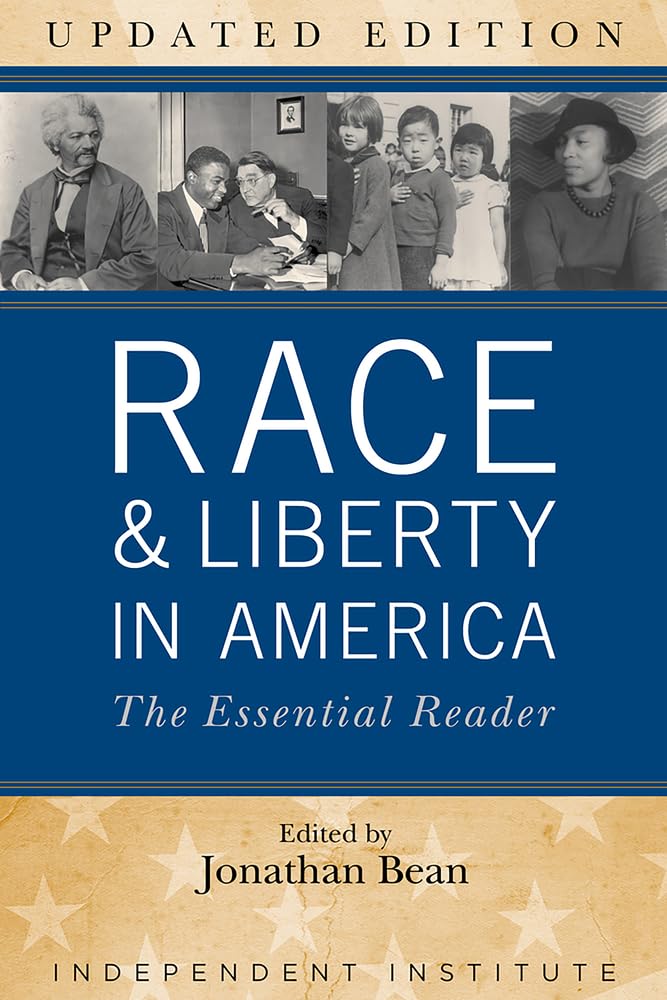As Bean reports in his third chapter, “Colorblindness in a Color-Conscious Era (1877-1920),” following the withdrawal of Federal troops from the South after the 1876 election, the former Confederate states imposed (in Douglass’s words) “slavery by another name” on nominally emancipated blacks, even as spokesmen for freedom like Douglass, Massachusetts Republican Senator George Hoar, Booker T. Washington, and NAACP president Moorfield Storey insisted on securing equal rights for all individuals. (Repeatedly, Federal legislation to effectuate that goal was blocked by Southern Democratic filibusters.)
In this chapter, Bean broadens his focus to highlight Republican-Libertarian opposition to exclusionary laws aimed at Chinese immigrants, as well as to imperialism (the Spanish-American War) and the denial of Native Americans’ property rights, along with actions designed to secure the property rights of American Indians. He stresses how classical liberals such as Douglass, Storey, and Louis Marshall (self-made Jewish businessman, founder of the American Jewish Committee, critic of Harvard’s quotas on Jewish admission, and lawyer for the NAACP), dismissed by progressives as “reactionaries,” favored the policy of self-help and therefore sided with business, in opposition to racially discriminatory labor unions, seeing in “capitalism” (as Howard University dean Kelly Miller put it) the means of Negro advancement. In a point that Milton Friedman would echo decades later in Capitalism and Freedom (quoted by Bean), businessmen as such have no interest in discrimination; they just seek to hire the best-qualified, most industrious workman at the most reasonable price. (To illustrate, Bean cites letters from a Georgia railway company to public authorities opposing Jim Crow laws as an inconvenience to its business, followed by letters from white citizens making the same complaint.)
A number of documents Bean selects further exhibit Republican support for black equality. These include addresses in the next chapter by Warren Harding (speaking in Birmingham!) denouncing lynching and the KKK and favoring equality of educational opportunity (1921); by Calvin Coolidge opposing white racism (1924), emphasizing blacks’ military service in World War I; and Herbert Hoover’s desegregation of the Commerce Department (1928). (By contrast, it was “progressive” Democrat Woodrow Wilson who had imposed segregation in Federal offices.)
